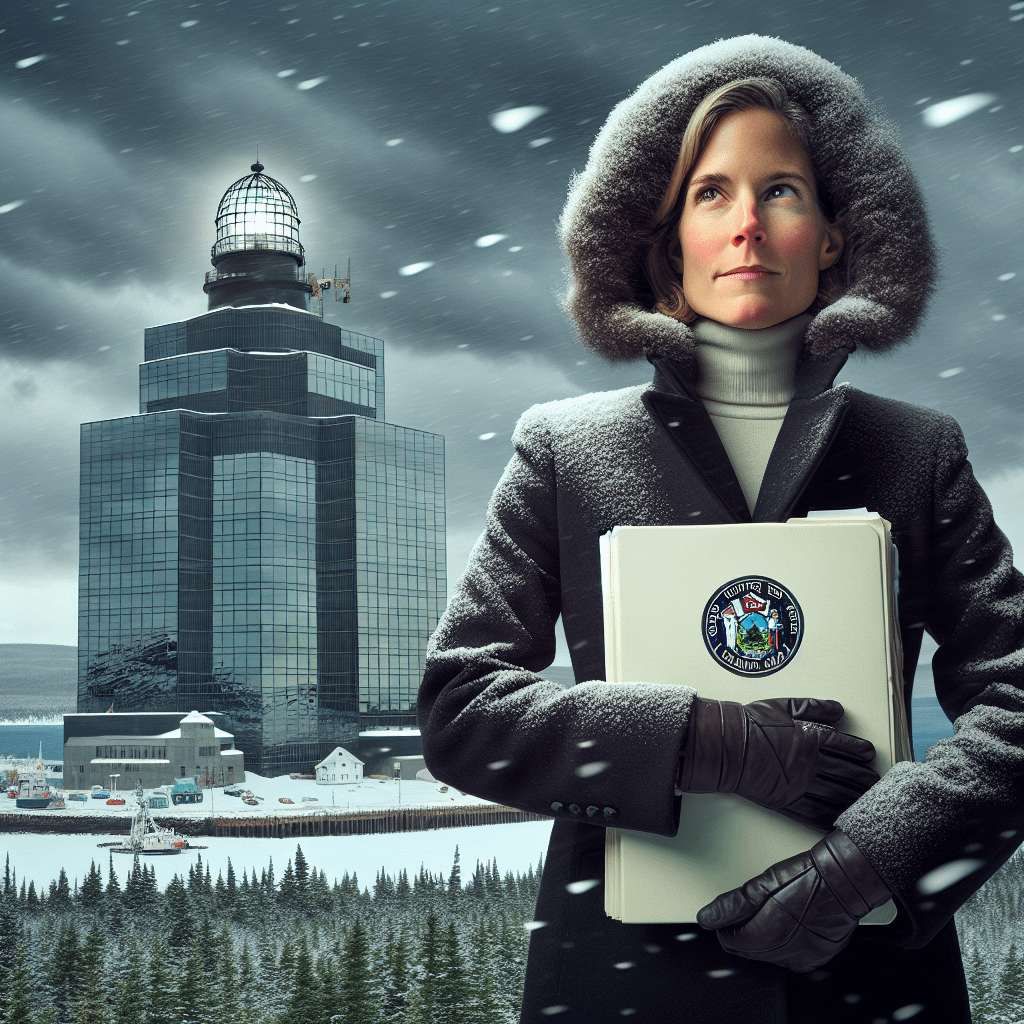Maine’s attorney general filed a lawsuit Tuesday against multiple large oil companies alleging negligence, nuisance, unfair trade practices, failure to warn and trespass as parens patriae. Included among the parties being sued are Exxon, Shell, Chevron, British Petroleum (BP), Sunoco and the American Petroleum Institute (API).In the complaint submitted by the state, the attorney general emphasizes how large oil conglomerates, knowing the risks climate change posed to the public, fabricated a public-relations campaign to mislead consumers about the role of greenhouse gases and human action in climate change. The complaint cited internal memoranda and communications within companies like BP demonstrate awareness of the consequences of climate change. The complaint also included a video, in which an Exxon executive admitted limiting climate change policy for profit maximization.Whilst these oil companies claimed concerns about climate change were “unnecessarily catastrophizing,” the complaint highlights that evidence demonstrates a linkage between the release of greenhouse gases to climate change and the host of environmental harms it has inflicted on Maine, such as acid rain, extreme weather events and rising sea levels.The complaint maintains that the defendant companies breached their duty of care to Maine’s citizens. Maine argues their knowledge of climate change entailed the defendants could reasonably have foreseen climate change-related harms, including environmental and economic damages. Yet, the defendant parties continued their informational campaign, constituting common law negligence. The role the API played in spreading misrepresentations about the safety of climate change in tandem with the defendant oil companies is also the basis for the state’s claim against API for unfair trade practices and civil aiding and abetting under Maine’s fair trade practice statute, which subjects companies engaging in unfair trade practice to civil punishment.The complaint also says that through releasing greenhouse gases, the defendants’ conduct also amounts to private and public nuisance. The companies arguably infringed on individual Maine residents’ reasonable enjoyment and safety in their private lives from the impact of climate change. The consequences of climate change would also require extensive public funds and potentially damage or limit the use of state-owned land.Through their policy of climate change denialism and misinformation, the defendant was also accused of statutory failure to warn. Insofar as the defendant oil companies were aware of the danger posed to the public by their products, and still failed to warn the public in general, the state argues they ought to be liable to the extent of the costs suffered by the state in adjusting to climate change under Maine’s civil procedure law.The state seeks injunctions against further damages to property and nuisance, punitive and retributive damages, disgorgement of defenda

